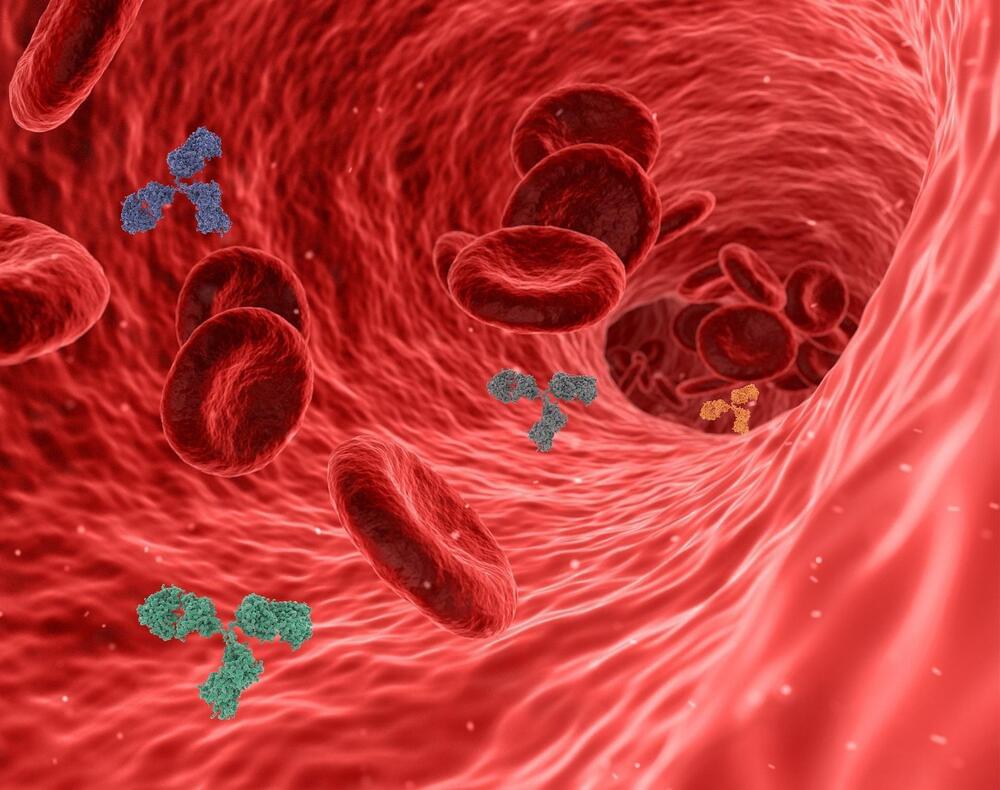Immunotherapy, including immune checkpoint inhibitors (ICIs), has changed the landscape of cancer treatment in the last decade. Immunotherapies, treatments targeting a patient’s immune system instead of the cancer itself, work on cancers considered “hot,” indicating that the tumor contains immune cells and factors which favor an anti-tumor immune response. Cancers that respond to immune-based therapies are known as “immunogenic” since the treatment can stimulate the immune response.
On the other hand, “cold” cancers, characterized as “non-immunogenic,” fail to respond to immunotherapies. One cancer understood as refractory to immune-based regimens is pancreatic ductal adenocarcinoma (PDAC), a highly aggressive pancreatic malignancy where less than 10% of patients survive five years past diagnosis. ICIs, including those targeting PD-L1 and CTLA-4 lack the efficacy to impact survival outcomes in PDAC patients significantly. Further, estimates project that by 2030, PDAC will rise to the second-highest cause of cancer-related deaths. Thus, there remains a significant need to develop novel and practical strategies to treat patients with this disease.










Leave a reply